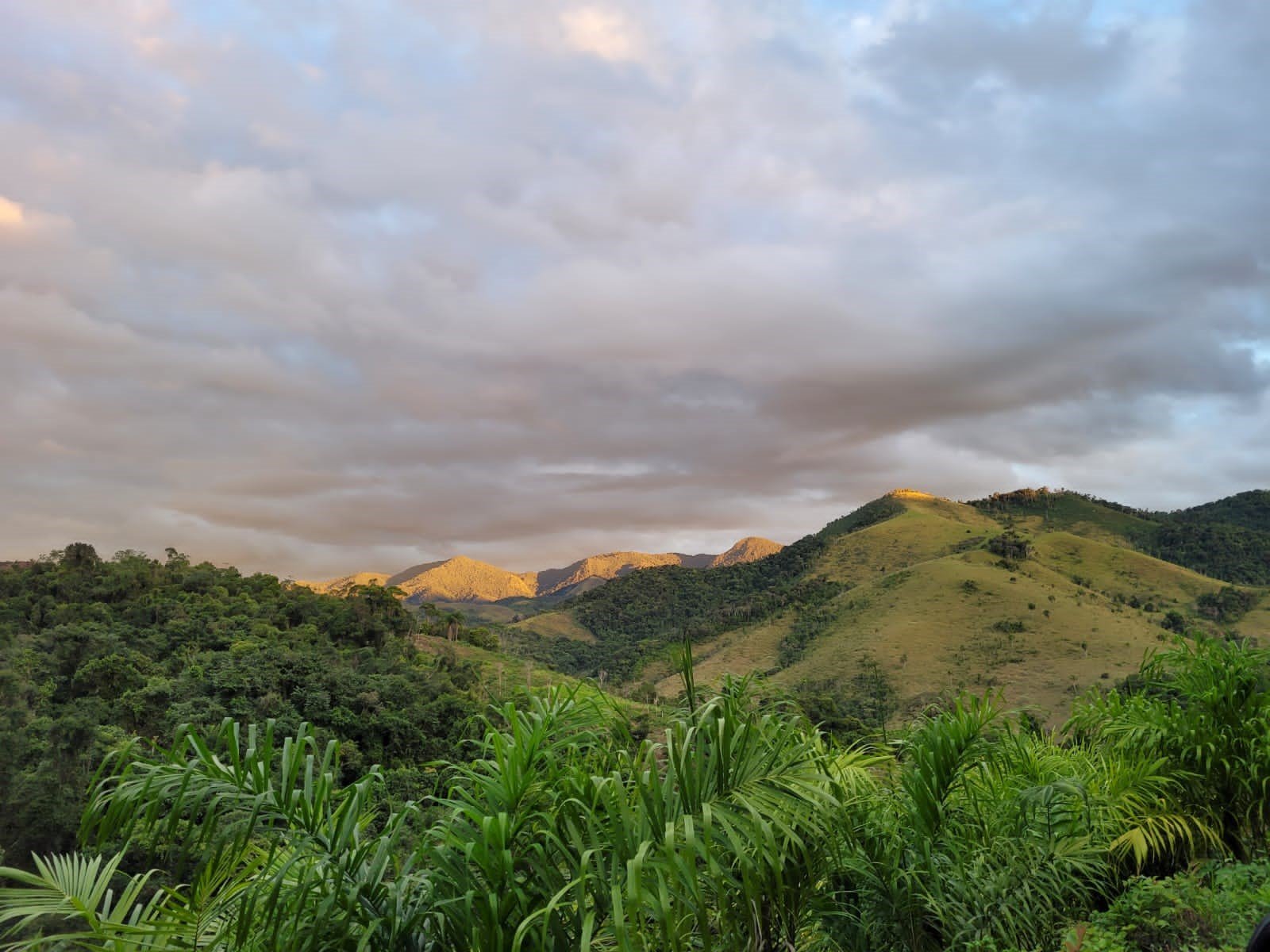Between borders: discussing resilience in Brazilian intercultural contexts
Phoenix’s Participatory methodological proposal aims to strengthen university/ community ties in São Paulo
The interface between different methodological strategies can be a good alternative for dealing with the complexity of intercultural contexts. To think about resilience in Latin America, the Brazilian team proposes an alliance between methodologies - especially Grounded Theory and participatory strategies - for data collection, with the aim of both broadening the range of information from fieldwork and deepening it.
The challenge is to create spaces of convergence with traditional black communities in the state of São Paulo - the so-called "quilombos" - which have their own cultures and are connected to their African heritage. On the one hand, Grounded Theory aims to generate a theory that is grounded in the data. The central themes emerge and so the researcher can move from a broad collection to a progressive coding process, towards ever higher levels of theorical abstraction. On the other hand, the participatory methodologies enrich data collection in a dialogical and horizontal way.
“Quilombos” are communities that share social relations based on the collective use of land, reciprocity, affiliation of color, kinship ties and specific expressions of cultural practices. The Vale do Ribeira region, located in São Paulo state has around eighty quilombos. It is not a coincidence that this region has the largest continuous area of Atlantic Forest in Brazil, which is a sign of the leading role played by these communities in protecting the environment.
In this context, the idea is to promote the Community Resilience Labs (ComRes Labs), which will consist of rounded tables, joint effort (such as planting and harvesting) and other activities from which all those involved - academics and non-academics - learn and teach each other. In addition to expanding data collection, this strategy can favor the understanding of issues such as food security, relations between human and nature, climate change and community resilience.



